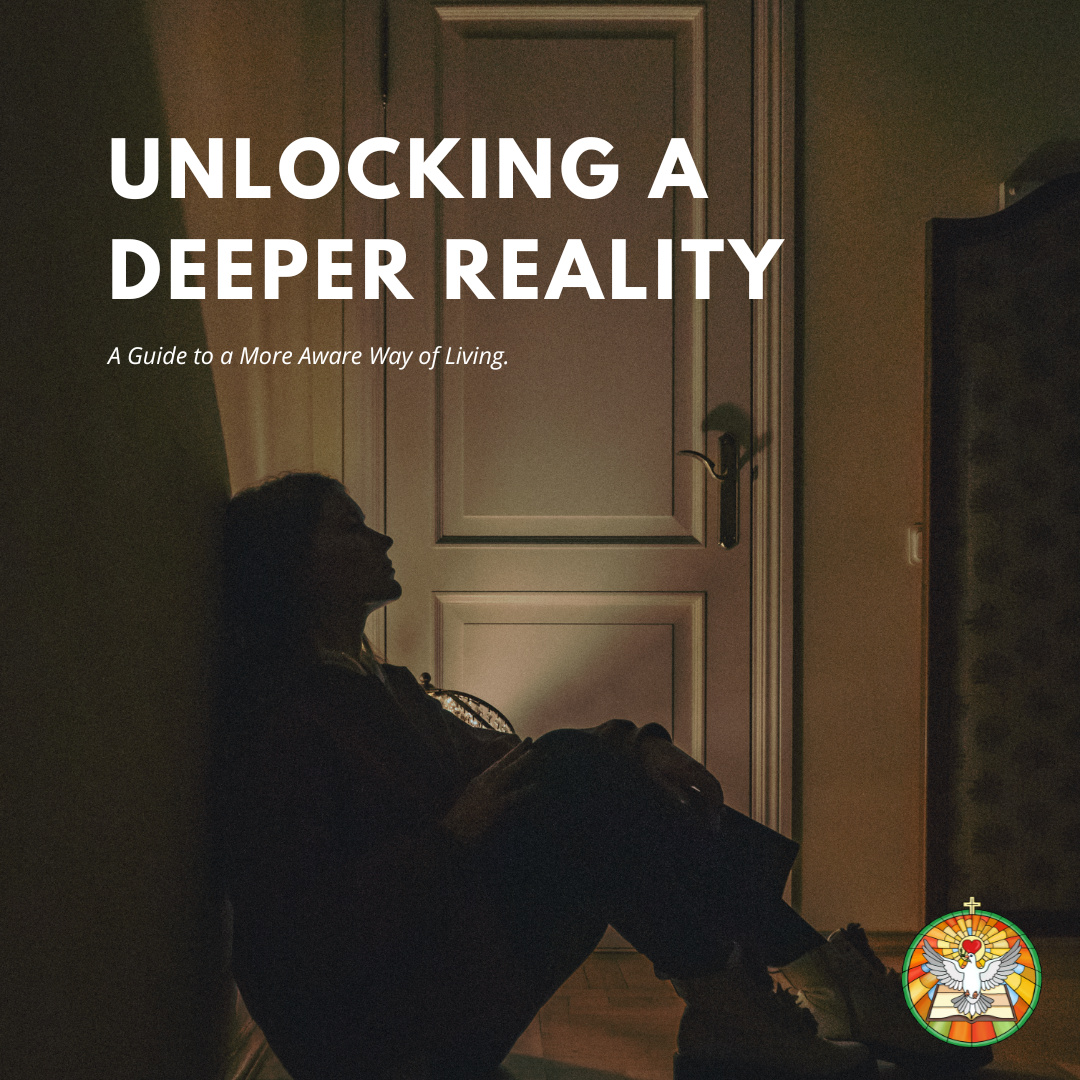
We've all felt it, right? That sense that there’s something more to life than what’s on the surface. We’re searching for a kind of knowing that’s deep, that makes sense of things, that’s genuinely real. This isn't about some mystical secret, but about tapping into a profound awareness that comes from personal experience and a clear understanding, a way of seeing that can truly change how we navigate the world. It’s about seeing the "real deal" behind everyday appearances.
So, what is this "deeper reality," and how do we connect with it?
The idea is that we can all access this clarity, but first, we need to shift our usual way of thinking. Our everyday minds, as smart as they are, can sometimes be like a foggy lens, clouded by biases, assumptions, or just the sheer noise of modern life. But if we can clear that fog, we can transform our everyday awareness into a sharper, more insightful wisdom. With this clarity, we can start to perceive life more directly and profoundly.
Think about how we usually understand things. We can break it down into a few modes:
Gut Feelings Direct Experience (The "I see it, I feel it" Mode)
This is your immediate take on what’s happening right now. You see a beautiful sunset, and you know it's beautiful. You witness an act of kindness, and you recognize it instantly. But this mode can be tricky. Sometimes our gut is right. Other times, we jump to conclusions. Seeing a situation and immediately labeling it "good" or "bad" without all the facts? That's our direct perception getting a bit ahead of itself, maybe colored by past experiences or snap judgments. It’s like seeing a rope in dim light and freaking out because you think it’s a snake – your perception is real to you, but not quite accurate.
Logic & Reasoning (The "Figuring it Out" Mode)
This is our ability to analyze, compare, and draw conclusions. If you wonder, "Will it be crowded downtown tomorrow?" your direct experience can't tell you. You have to use reason: "Well, it's a holiday, and there's a big event, so probably." Or, "What’s really going on with this global issue?" We use logic to connect the dots. If our reasoning is based on solid information and clear thinking, it can lead us to valuable insights. But if our starting points are shaky, or if we're just trying to confirm what we already believe, our logic can lead us way off track. Think about how easily complex arguments can be built for things that turn out to be totally wrong, or how online echo chambers can reinforce flawed reasoning. When we try to tackle life's biggest questions relying only on this mode, without checking against lived experience or broader wisdom, we can end up with elaborate theories that don't actually help us live better.
Our direct perceptions can be off. Our reasoning, especially when dealing with complex or unseen things, can be even more prone to error. This is why just "thinking harder" doesn't always lead to real understanding. So, why do we often miss the mark? It's usually because of those "foggy lenses" – our biases, fears, unexamined beliefs, or the constant stream of misinformation.
People who seem to have a deep sense of clarity and purpose have often worked on clearing these fogs. They’ve developed their ability to see and reason more clearly, often guided by a kind of inner wisdom. This allows them to connect with a more authentic reality.
When people have these "aha!" moments or deep insights, they naturally want to share them. But the deepest truths about life are often hard to put into words. So, what gets shared are often experiences of that truth, pointers towards it, or methods to reach it, rather than the full, unpackable truth itself.
Think of these teachings or insights as a map. A map is incredibly useful for showing you the way, but it’s not the actual territory. We need the map to guide us, to learn from those who've explored before. These guides are far better than wandering aimlessly based on our own limited, sometimes misleading, perceptions.
So, these "maps" – wise teachings, profound insights from others – aren't the destination. "Truth is the moon. My teachings are the finger pointing to the moon. Don’t mistake my finger for the moon." If you just analyze the map (the words, the theories) and never actually make the journey, you're missing the point. But if you dismiss all maps and guides, you might just be getting lost in your own mental loops or falling for misleading ideas.
Learning from Wisdom & Tested Guidance (The "Standing on Shoulders" Mode)
This is the understanding we gain by engaging with established wisdom, insights from people who've deeply explored these questions, or principles that have stood the test of time. These are the "fingers pointing to the moon." It’s smart to approach new ideas with a bit of healthy skepticism. You don't want to just blindly believe everything you hear. But this "faith" or trust isn't about blind acceptance. It's built on observation, some initial positive experiences, and seeing if these ideas actually make sense and lead to good outcomes. Imagine someone is struggling, feeling like life is random and unfair, maybe chasing superficial goals that leave them empty. Then they encounter a philosophy or a mentor who talks about inner peace, purpose through connection, or the power of mindfulness. At first, they might be skeptical: "That sounds too simple," or "That's not for me." Their old ways of coping (maybe distractions, cynicism, or blaming others) are like the "false reasoning" we talked about. The new guidance is like a "wisdom teaching." Can they trust it?
Initially, doubt is normal. But then, maybe they notice that people who genuinely live by these principles seem more content, more resilient. They see the logic in some of the ideas. They try a small practice and feel a tiny shift. This builds a tentative trust. But just trusting isn't the end goal. You want to experience it for yourself. Because if you only believe it, you're just imagining what it might be like. The person in our example decides to really try meditation or to consciously practice gratitude. After consistent effort, they start to feel the calm, the shift in perspective. This is direct, personal insight. That "aha!" moment, that felt sense of "Oh, this is what they meant!" is like finally seeing the moon for yourself.
Someone seeking a deeper understanding isn't satisfied with just descriptions of the moon; they want to see it. They know that even the best descriptions, while far better than their old, distorted ideas, are still not the thing itself.
So, someone exploring a more meaningful life today needs the curiosity and openness to learn from wisdom, to spot the genuine pointers, and then the courage to embark on their own journey of discovery. This isn't about a one-time fix, but a continuous process of learning, experiencing, and integrating these deeper insights into how we live. It’s about undertaking that personal experiment, much like anyone who has made a profound discovery, to see if these principles truly lead to a more authentic, aware, and fulfilling way of being. That’s the invitation to a new way of living in our times.




